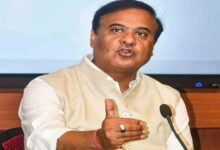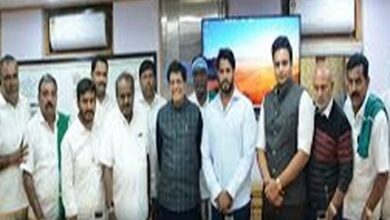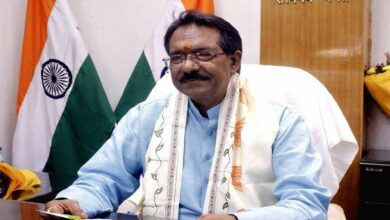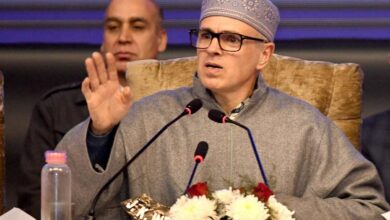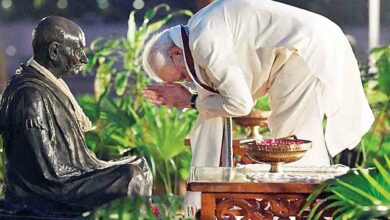100 days of Modi Government 2.0: PM lays out his agenda to empower Dalits, minorities and tribal communities
100 days of Modi Government 2.0: The government released its blueprint for Prime Minister Narendra Modi’s second regime’s first 100 days, in which focus is laid on the minorities, tribal, Dalit and Other Backward Classes (OBCs).
The objective of the Prime Minister’s Developed Tribal Village Campaign is to improve the socio-economic status of five crore tribal people by establishing 63,000 tribal villages.
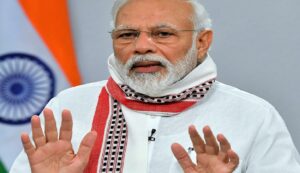
Wastepickers are now involved in the National Action for Mechanized Sanitation Ecosystem (NAMASTE) program, whose objective is to enhance both their social and economic status.
Besides, seventy-three thousand forty-seven disability identity cards, including that of one hundred seventeen thousand for above-60-year-old persons, have also been issued to Scheduled Tribe members with disabilities.
With the enhancement of the Pradhan Mantri Samajik Utthan evam Rozgar Adharit Jankalyan (PM SURAJ) scheme, the sanitation workers, the SC, the OBCs, etc., have been benefitted with easier availability of loan facilities. Through increased financial accessibility and assistance patronizing self-employment activities, this initiative looks at enhancing living conditions. It is expected that the extension of this program will have a positive influx into this group of people who have always been on the lower end of the resources’ spectrum and furnish them with tools that will permit sustainable growth. The ministry of social justice and empowerment is responsible for implementing this particular program.
A great emphasis has been placed on providing educational empowerment through the Eklavya Model Residential Schools (EMRS). Thanks to this impressive enrolment, over 123,000 children now attend 405 schools across the country. These endeavors are aimed at bridging educational deficiencies and offering quality education to the native children. Such impressive figures on enrolment of children confirm the willingness of the government to improve the education status in these particular areas.
The Ministry of Tribal Affairs is implementing the Eklavya Model Residential School (EMRS) Central Sector Scheme to ensure that tribal students receive quality education. By the year 2026, there will be 728 EMRSs, according to the ministry’s aim, set up in various parts of the country.
According to reports available, only 405 out of the 708 EMRSs that have been authorized so far are to be operational. To help tribal children in sporting activities and also give them an opportunity to improve their skills, the ministry has decided to set up 15 Centers of Excellence for Sports at EMRSs. In order to implement and monitor the EMRS program, a new entity known as the National Education Society for Tribal Students (NESTS) was created.
Apart from the 40 new schools, which are already under construction, 110 such schools have also been fitted with smart classrooms. Smart classrooms, as implemented in those schools, are meant to improve the teaching and learning environment by enhancing the engagement of the learners. This particular initiative ties in with the initiative by the government to encourage the use of technology within education for the purpose of preparing learners for the challenges that lie ahead.
The Waqf (Amendment) Bill, 2024, recently introduced, is one of the positive steps towards a more comprehensive administration and protection of the Waqf. There will be no legal hindrance in the creation of an online system for the registration and regulation of Waqf Properties. The concerned cabinet expected that these precious properties would be better managed, conflicts minimised, and they achieve transparency through an online system. The measure is a huge move in the right direction as far as the procedures in the management of Waqf property are concerned, as well as the perennial delay in management issues in general.
There are still many left behind in social economic development in this country, and PM Narendra Modi said tribal people, poor, disgraced, women, and young ones must be the centre of the development, and to aid them many activities have been initiated.
